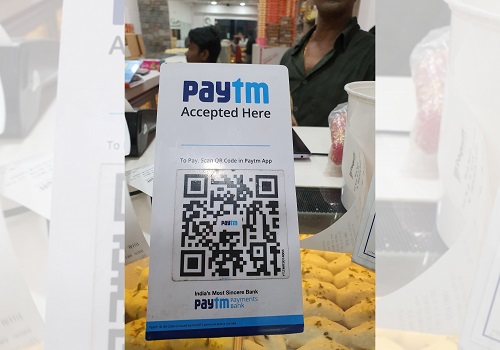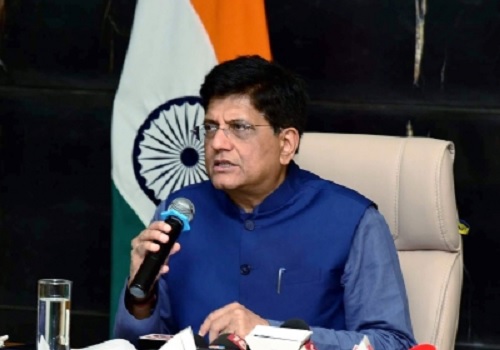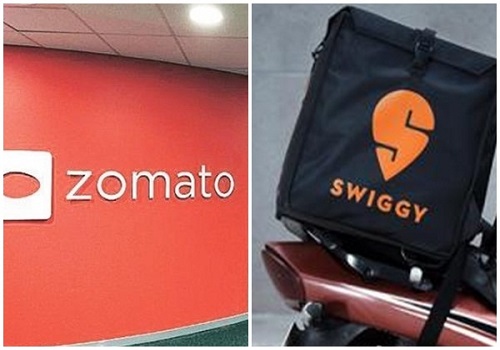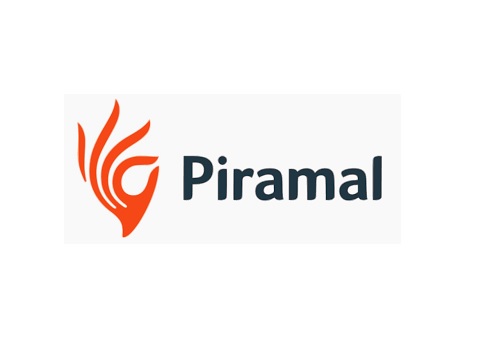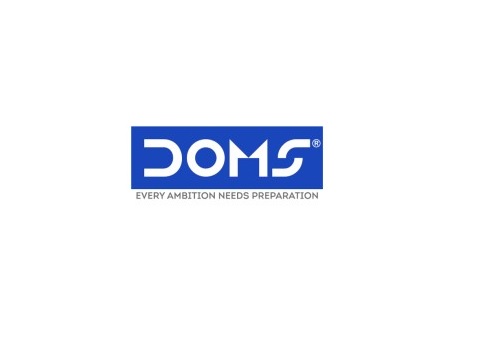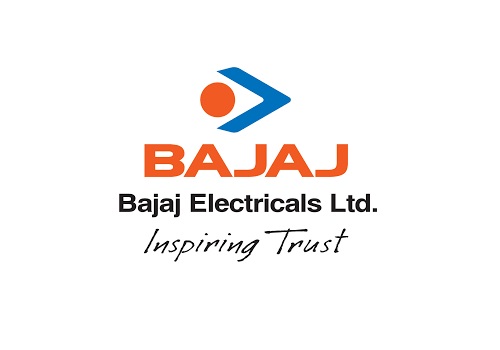Buy Angel One Ltd For Target Rs.1,750 - Motilal Oswal
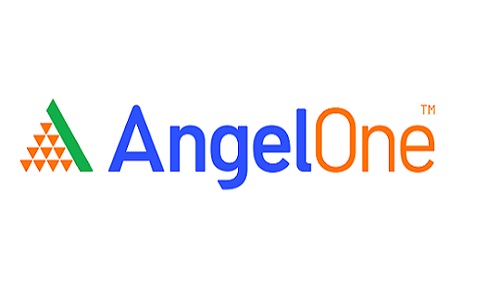
Follow us Now on Telegram ! Get daily 10 - 12 important updates on Business, Finance and Investment. Join our Telegram Channel
Building a digital powerhouse with revolutionized business model
* Angel One has emerged to be India’s third-largest broker with 6.5m total clients and 2.5m active clients on the NSE. It has a market share of 9.3% in active clients on the NSE, which has increased from 4.8% in 1QFY20.
* Indian brokerage industry is at an inflection point wherein only 5.1% of the Indian population have a demat account v/s 13.7% in China and 32% in the US. This is in spite of 1) number of demat accounts in India surging from 36m at the end of FY19 to 67m in Aug 2021, 2) active user accounts on NSE has jumped from 8.8m to 25.5m during the same period, and 3) retail ADTO skyrocketing from INR6t in Apr 2019 to INR27t in Sep 2021.
* Angel, with its transformational journey from being a traditional broker to adopting a completely digital model, offering a seamless online trading platform through its mobile app, website and call centre support is well placed to leverage on this growth opportunity and further strengthen its position. This transformation has been a key reason for its success so far wherein the market share in Equity ADTO has surged from 3.7% to 21.2% in a space of 10 quarters.
* Core to Angel’s growth strategy has been its customer acquisition initiatives wherein it has targeted the Millennial and GenZ population in the tier 2 and tier 3 towns. As a result, the share of tier 2 and tier 3 towns in its gross customer additions has surged from 85% in 1QFY20 to 94% in 2QFY22. Also, the median age of these customers has declined from 34 years in 1QFY20 to 29 years in 2QFY22.
* In spite of the tough competition, Angel’s market share in F&O has jumped up from 3.3% in 1QFY20 to 21.1% in 2QFY22. While the cash segment witnessed some pressure post the margin norms implementation (market share fell from 18.2% in 3QFY21 to 13.6% in 2QFY22), the F&O segment which contributes to 98% of the total retail industry ADTO has witnessed a sustained increase.
* In April 2021, Angel appointed Mr. Narayan Gangadhar as the CEO who has over two decades of experience with companies such as Amazon, Google, Microsoft and Uber. In addition to this, there were 11 such mid-management level hires in 2QFY22. The overall share of the digital employee base to total employee base has increased from 10% in 1QFY20 to 18% in 2QFY22. The company will continue to invest in acquiring more of such talent to enhance its technological and digital capabilities.
* Currently, brokerage and allied activities contribute ~95% of the company’s revenues. Over the longer-term, diversification will accrue as Angel enhances its distribution income and sets up its own AMC.
* Scale benefits along with operating cost controls drove the company’s PBT margin expansion from 41.5% in 1QFY20 to 46.2% in 2QFY22. Angel expects to maintain its cost to income ratio at around the 50% mark in the medium-term, as its incremental cash flows will be invested in employee additions, technology and customer acquisitions.
* We expect Angel to report revenue CAGR of 34% and PAT CAGR of 38% during FY21-24E. We initiate coverage on Angel One with a BUY rating and a one-year price target of INR1750 (20x Sep’23E).
Indian brokerage industry at inflection point
As compared to a total population of 1.3b and registered PAN cards of 500m, India has total demat accounts of just 67m. As compared to the US and China where the penetration of demat accounts has been 13.7% and 32% respectively, India currently has a penetration of just 5.1%. Digital brokers have played a major role in increasing India’s penetration from 2.7% in FY19 to 5.1% in 1HFY22. Given the large untapped potential in the country, increasing digitization, favourable demographics, and rising affinity for equity investments, we believe that the growth momentum will sustain for a long period.
Angel’s evolution to a discount broker has been phenomenal
Angel was originally founded in 1996 as a stock broking firm that offered stock broking services through the traditional method. In 2011, the company was the first broker to launch a mobile app for stock trading and investing. While the initial response was not very encouraging, the focus on digitization by the current government created significant opportunities. In 2016, Angel undertook its digital transformation initiative. By 2019, the company completely shifted to the digital platform and has shut down all its branches. Today, Angel boasts of being the thirdlargest player in India with a market share of 9.3% in active accounts on the NSE, 23% in F&O ADTO, and 13% in cash ADTO. This was made possible by the company’s product offerings which include its mobile trading app, trading website, AngelBEE app for mutual funds, and an app for its associate person network, which are among the best in their respective categories.
Customer acquisitions remain at core of growth strategy, 94% clients from tier 2 & tier 3 towns with median age of 29 years
Angel has been at the forefront in terms of client acquisitions with ~12% of incremental NSE active clients recorded for the past six quarters. Its share in the incremental demat accounts has averaged 15% in the past seven quarters. The company has seen its gross client addition in a quarter rising from 68,000 in 1QFY20 to 1.3m in 2QFY22. Its active user client base with the NSE has surged upwards from 0.4m in 1QFY20 to 2.5m in 2QFY22. The company acquires customers through three engines 1) performance marketing, 2) referrals and 3) digital referral associates or digital influencers. Angel’s focus has been on acquiring millennial and Gen Z clients in the tier 2 and tier 3 towns. The share of tier 2 and tier 3 towns in the company’s gross client additions has increased from 85% in 1QFY20 to 94% in 2QFY22. The median age of new customer acquisitions has declined from 34 years in 1QFY20 to 29 years in 2QFY22. Angel’s activation rate was also strong at 37% in 2QFY22 and has seen a steady increase in the past few quarters. The trajectory will sustain over the medium-term, as the company continues to invest incremental cash flows towards client acquisitions.
Market share in F&O increasing rapidly, Cash segment moderates
Angel’s market share in the F&O ADTO segment has increased sharply from 3.3% in 1QFY20 to 23.8% in 1QFY22. During 2QFY22, its market share fell to 21.1%, and the company is confident of recovering a large portion of the market share loss in due course. In the cash segment, the company’s market share increased from 13.7% in 1QFY20 to 18.4% in 2QFY21 before declining to 13.6% in 2QFY22. The decline in market share can be attributed to the impact of margin norms which led to a reduction in speculative volumes on the bourses. With the impact of margin norms as the base, the company expects a recovery, going forward. Angel has been a beneficiary of the industry trend, wherein volumes moved from cash to F&O owing to its attractive pricing as well as the platform’s capabilities. In our base case assumption, we have factored in a steady increase in Angel’s market share.
To Read Complete Report & Disclaimer Click Here
For More Motilal Oswal Securities Ltd Disclaimer http://www.motilaloswal.com/MOSLdisclaimer/disclaimer.html SEBI Registration number is INH000000412
Above views are of the author and not of the website kindly read disclaimer










Tag News

Quote on Silver : Silver price falls in recent weeks Says Prathamesh Mallya, Angel One
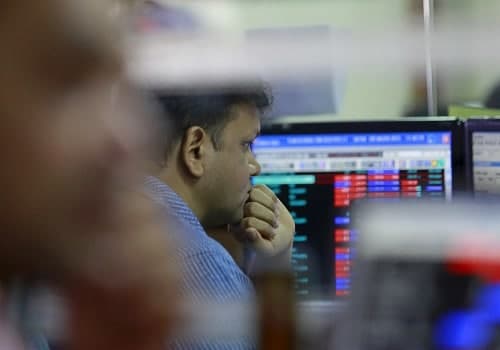
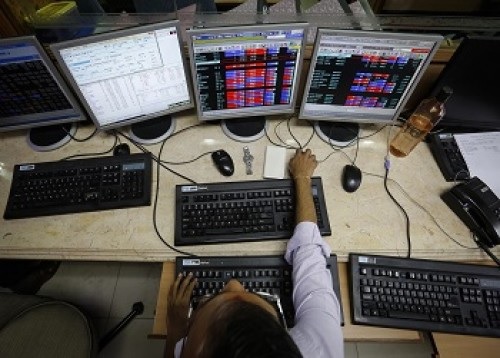



 320-x-100_uti_gold.jpg" alt="Advertisement">
320-x-100_uti_gold.jpg" alt="Advertisement">

